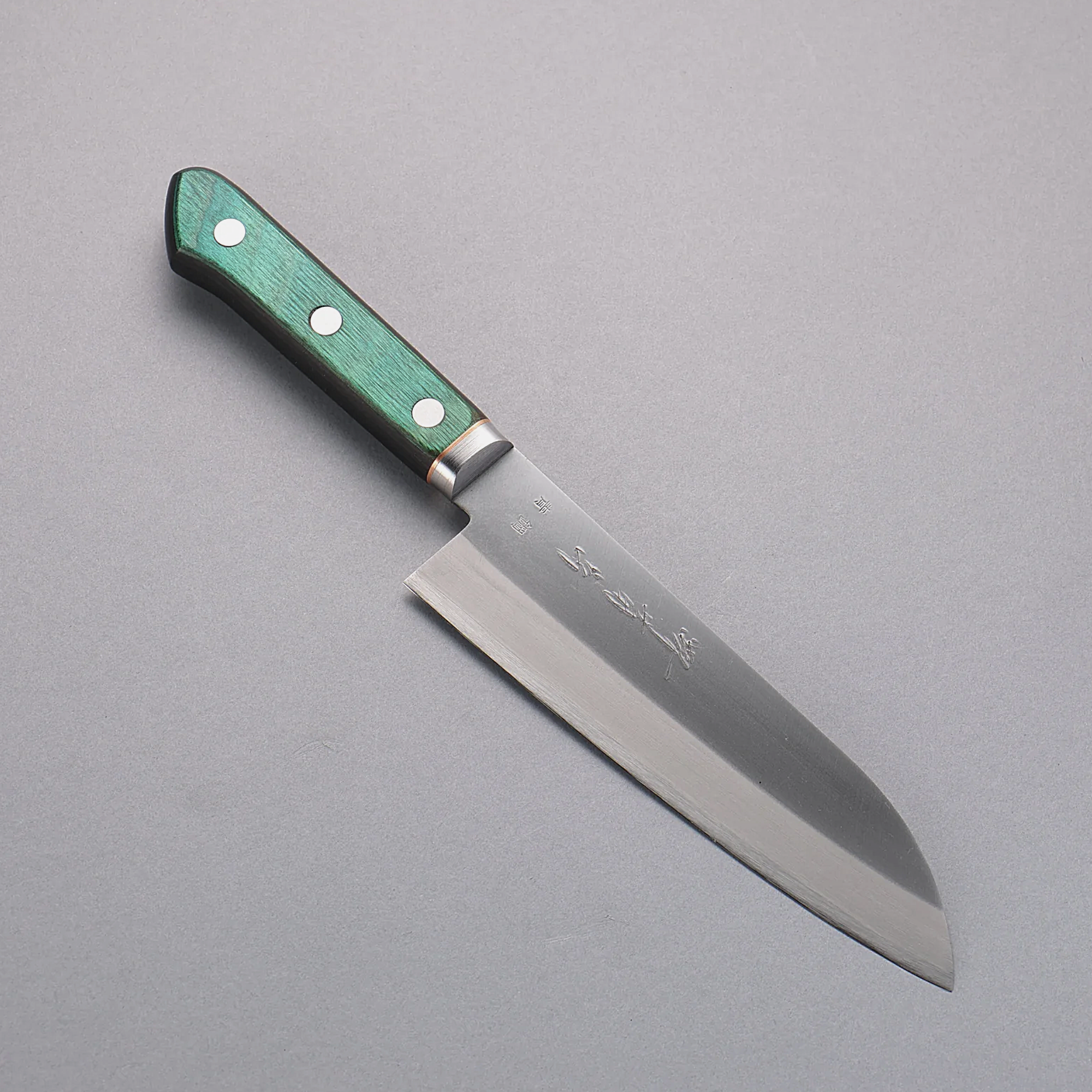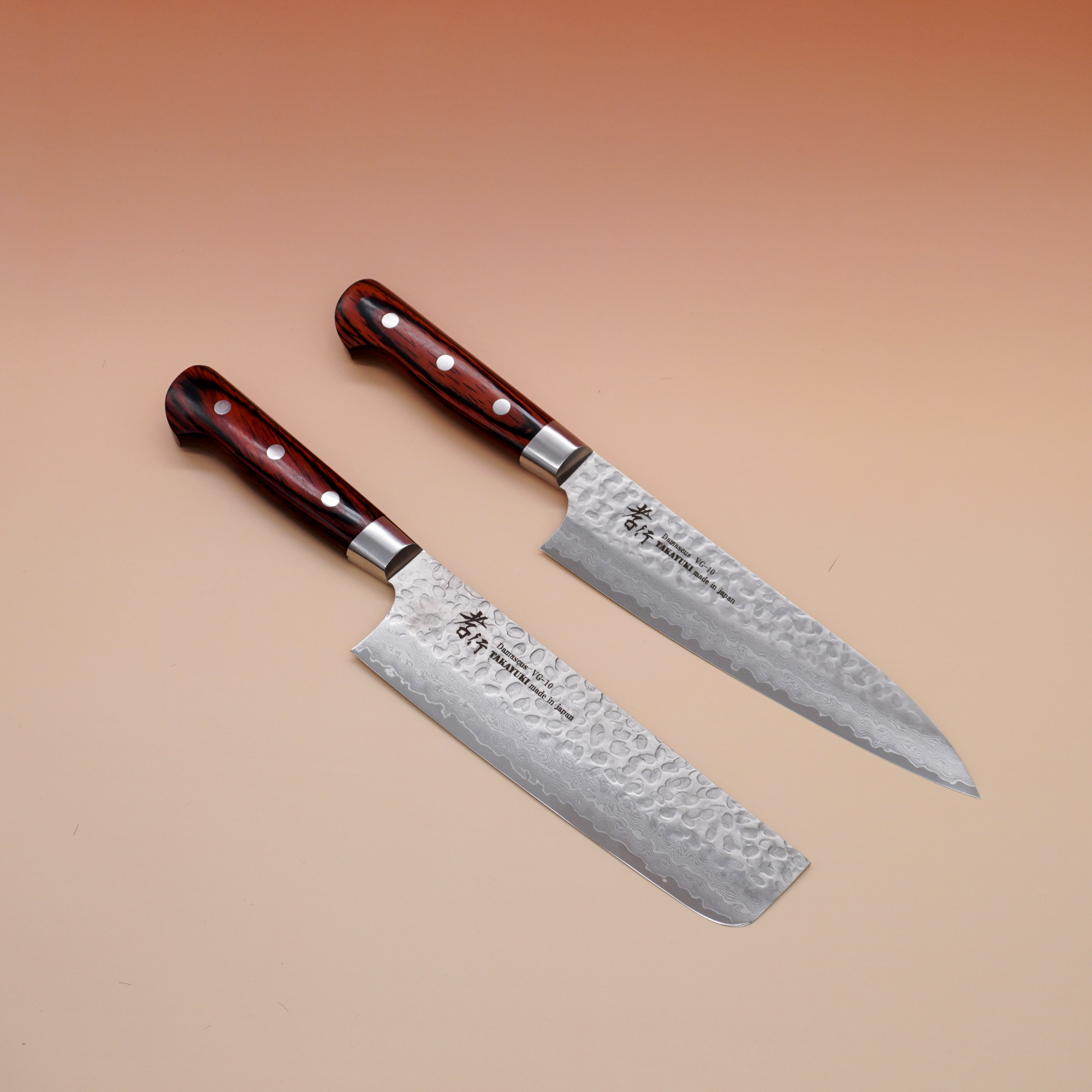Passion & Dedication
Each knife is the combined effort of talented and passionate craftsmen dedicated to upholding the centuries old steel working culture. Combining traditional techniques with modern innovations, these artisans create beautiful and enduring kitchen knives that are as much works of art as they are practical tools.
Our store carries knives from a variety of makers, from master blacksmiths to esteemed knife houses. Learn more about them and what makes their kitchen knives unique.













